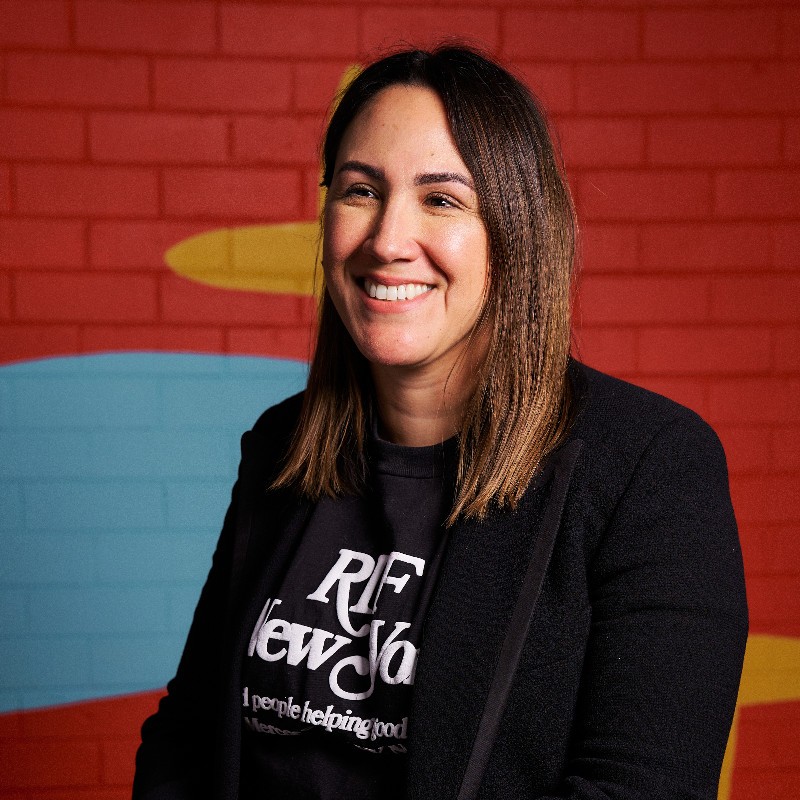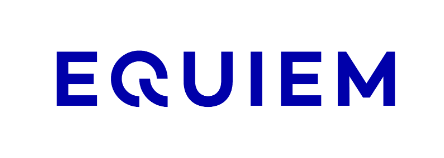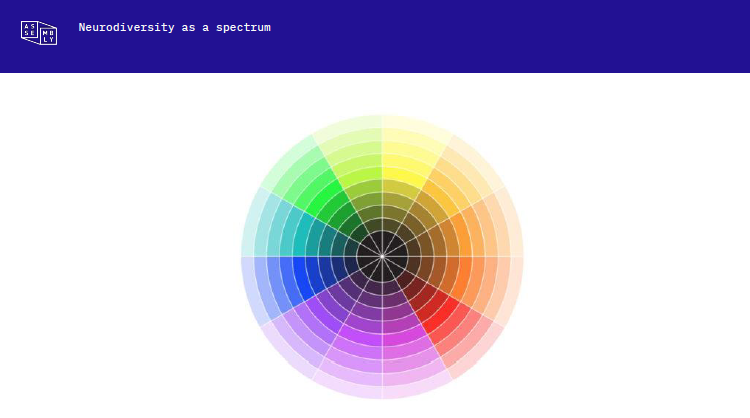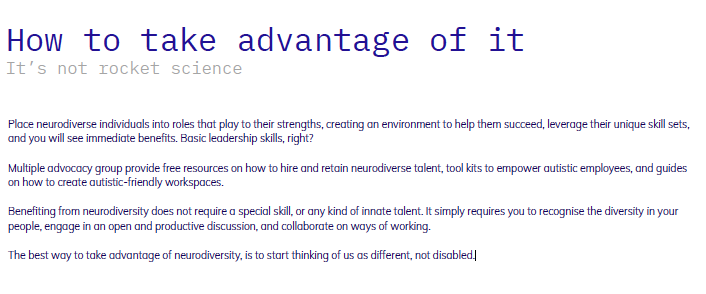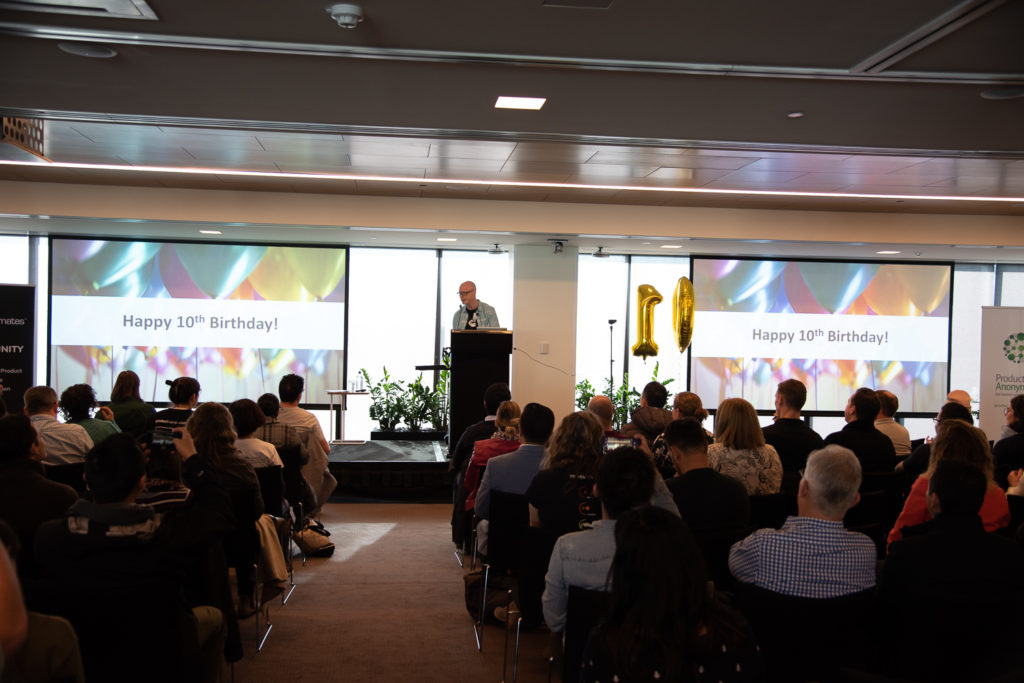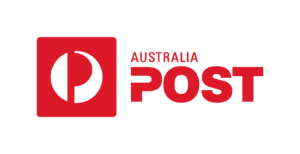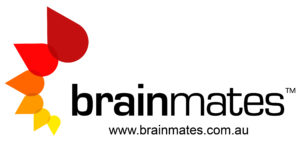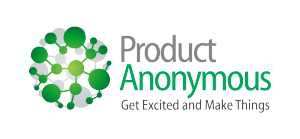We’re about 6 weeks away from Saturday, August 16th – Product Camp!!!
We’ll be kicking off at 9am sharp for a full day of activities, learning, food and fun. Plus an after party once we wrap up around 4:30pm. See the Camp website for pix from previous years & additional info.
Product Camp is run as an ‘unconference’ which means the majority of the talks are voted on by the attendees. We have a pitch session in the morning & then everyone gets to vote.
Want to give a talk or lead a discussion? Get your ideas in early so we can promote you on the website & socials! More info here: https://bit.ly/pcamptalks2025
Want to volunteer and help make the day amazing? Jump on the Product Anonymous slack and reach out in the #product-camp channel.
RSVP for Product Camp
Camp is not possible without these amazing sponsors!
Thank you to our host – Seek!
SEEK has been helping Australians live more fulfilling and productive working lives for 27 years. SEEK is a diverse group of companies, comprised of a strong portfolio of online employment, educational, commercial and volunteer businesses. As a market leader in online employment marketplaces that span ten countries across Asia Pacific and Latin America, SEEK makes a positive contribution to people’s lives on a global scale.
Thank you Mixpanel!
Mixpanel is a modern digital analytics platform built to help companies move faster, grow smarter, and deliver better experiences at scale. Designed for product, marketing, and data teams, Mixpanel makes it easy to analyze user behavior in real time, measure the impact of digital experiences, and tie product decisions directly to business outcomes like revenue, retention, and engagement. With intuitive self-serve reporting, strong data governance, and flexible integrations with modern data stacks, Mixpanel empowers enterprises to break down data silos, foster a culture of data-driven decision-making, and scale confidently. Thousands of leading companies—including in fintech, healthcare, media, and SaaS—use Mixpanel to turn data into a competitive advantage. Visit mixpanel.com to learn more.
Welcome Octopus Deploy!
Octopus Deploy makes it easy to deliver software to Kubernetes, multi-cloud, on-prem infrastructure, and anywhere else. Automate the release, deployment, and operations of your software with a tool that can handle CD at scale in ways no other tool can.
Welcome ROLLER!
ROLLER’s vision is to help create experiences that bring joy and happiness to the world. We do this by building modern technology for leisure and attractions businesses, helping them to deliver amazing experiences for their guests.
Thank you Everest!
Everest Engineering helps clients step into the future by designing, building and scaling smarter digital products, delivered by trusted experts in product, design, engineering and AI. Smarter products, powered by AI. Built with people you can trust.
Welcome The Outlook!
The Outlook is a conference and events organisation based in Melbourne, Australia. We produce immersive, curated experiences that bring Australian creatives, innovators, and leaders together to discuss, connect, and learn. We’re optimistic about the future and can’t wait for what’s


